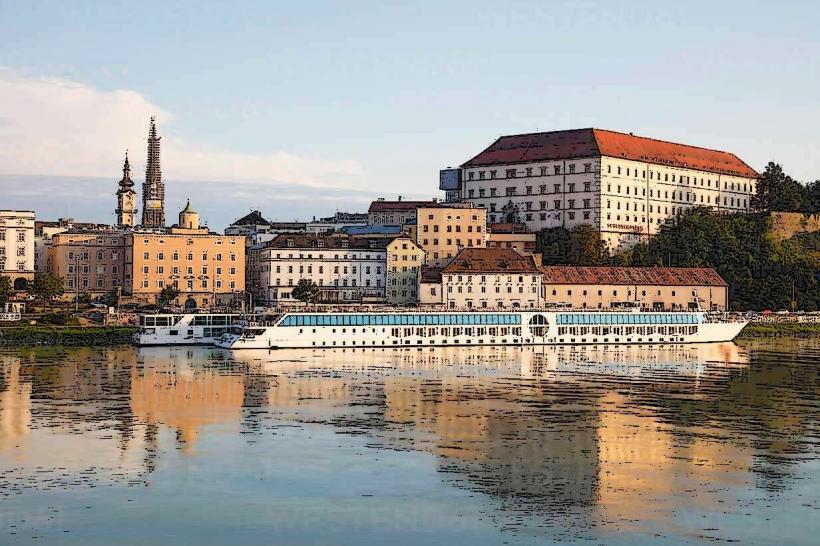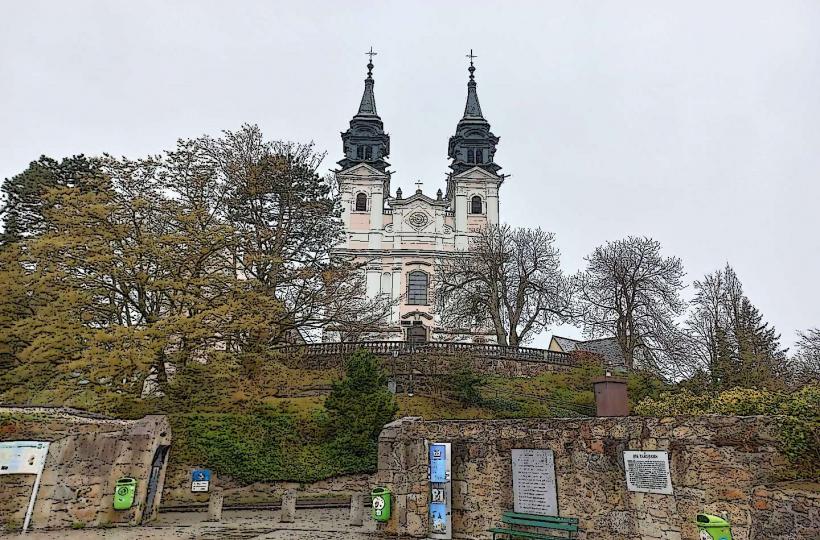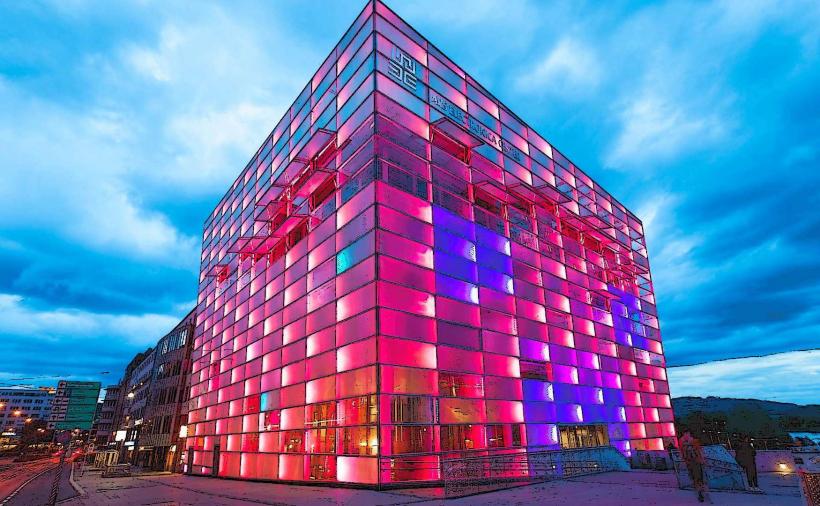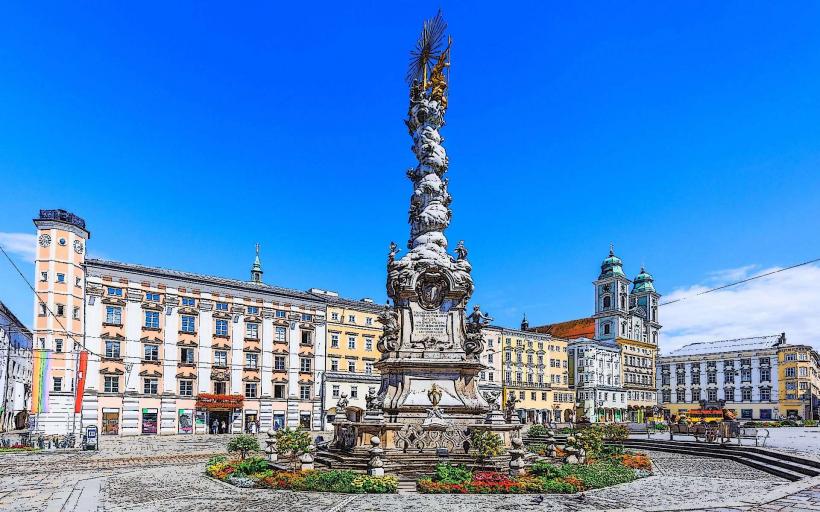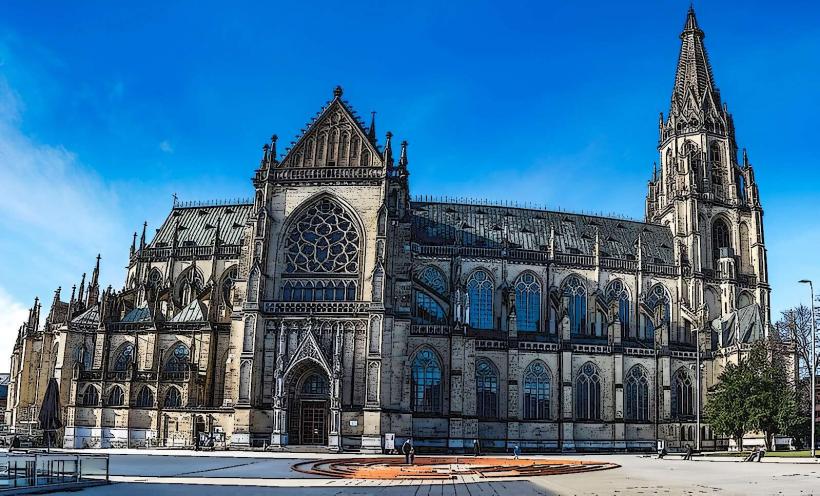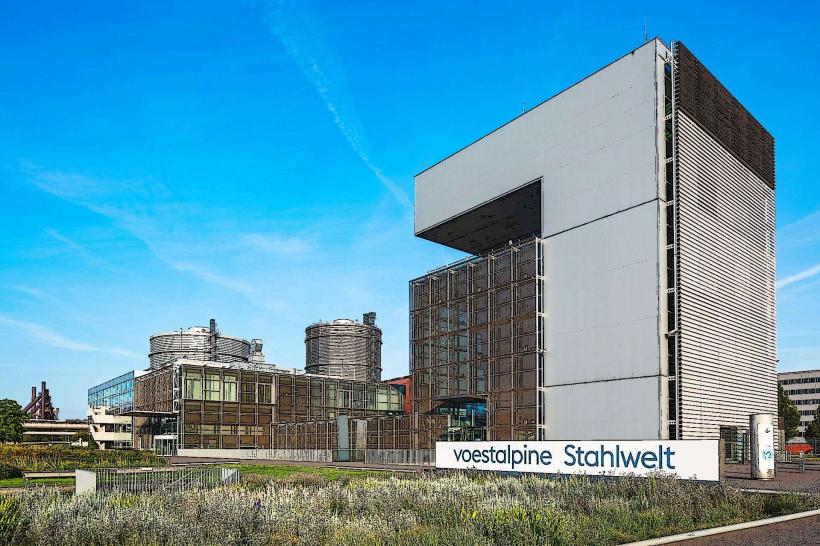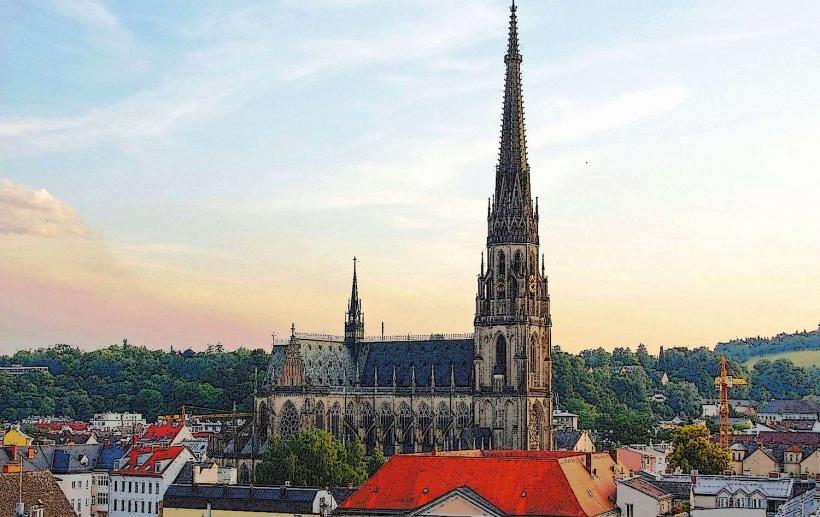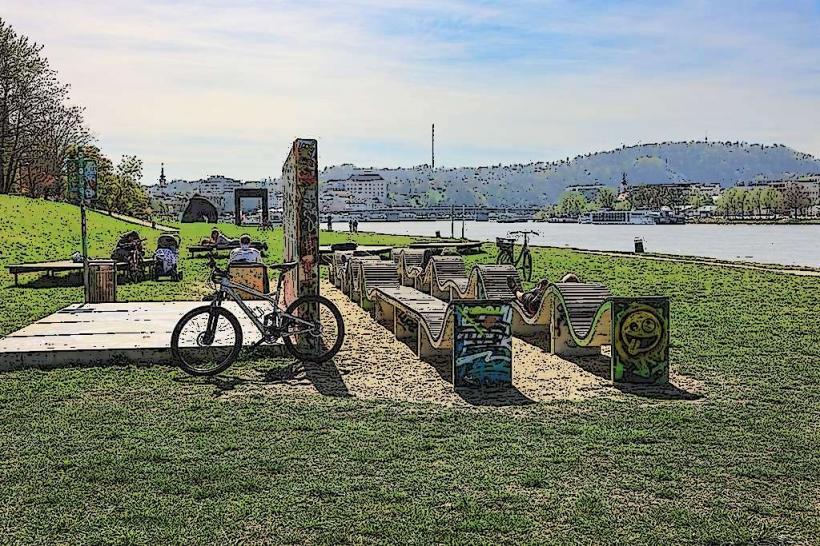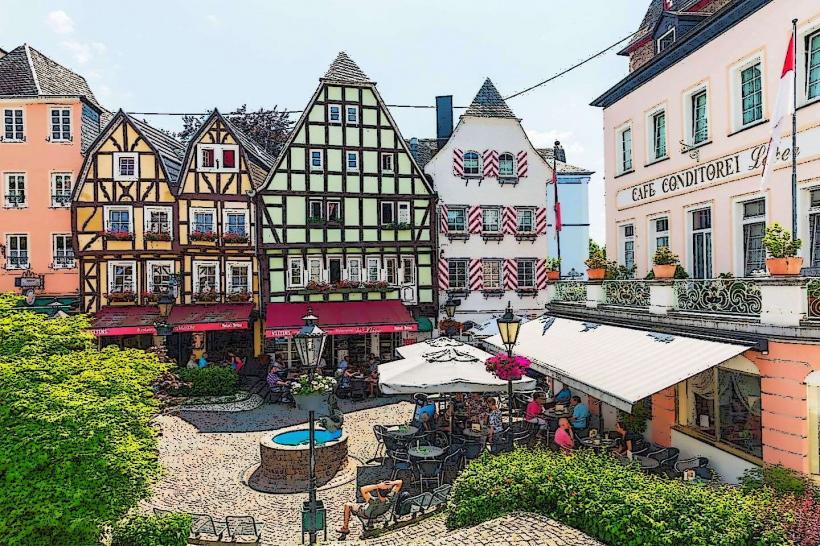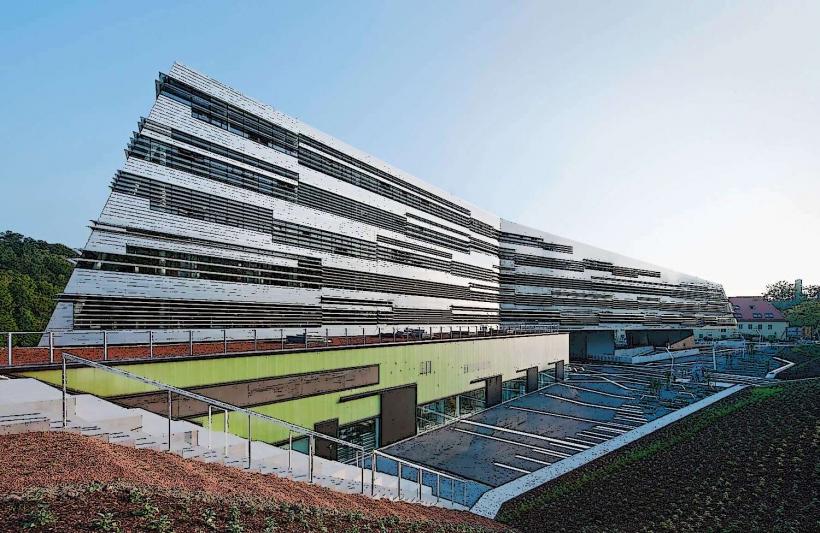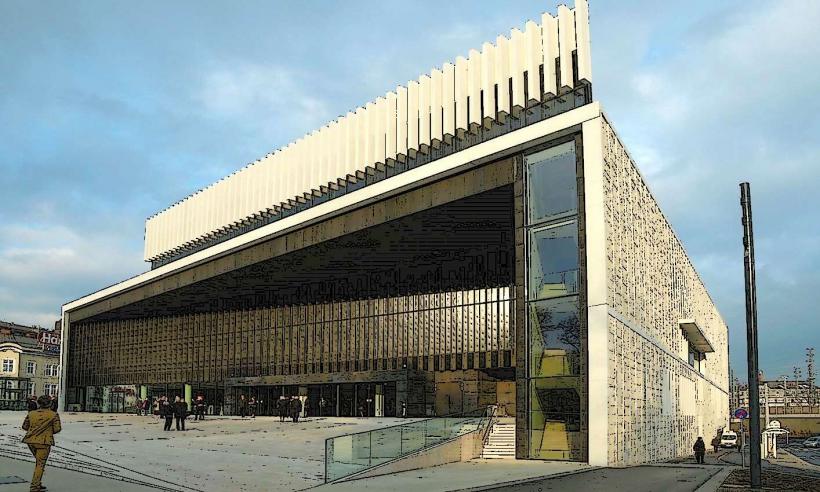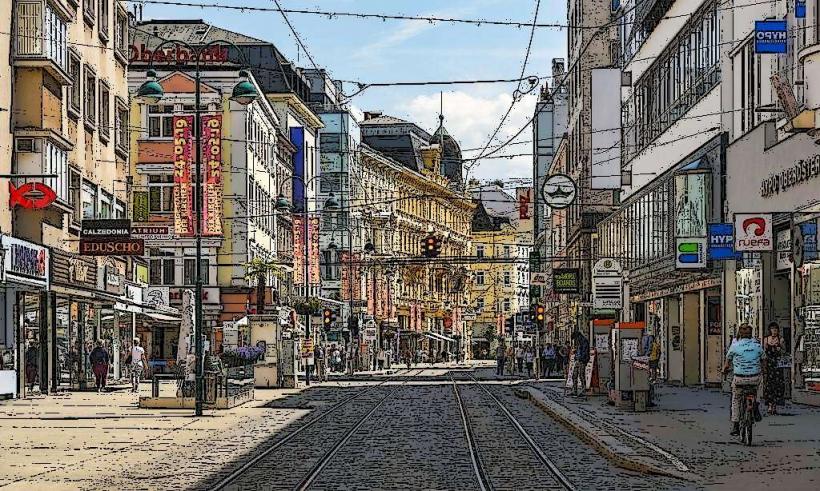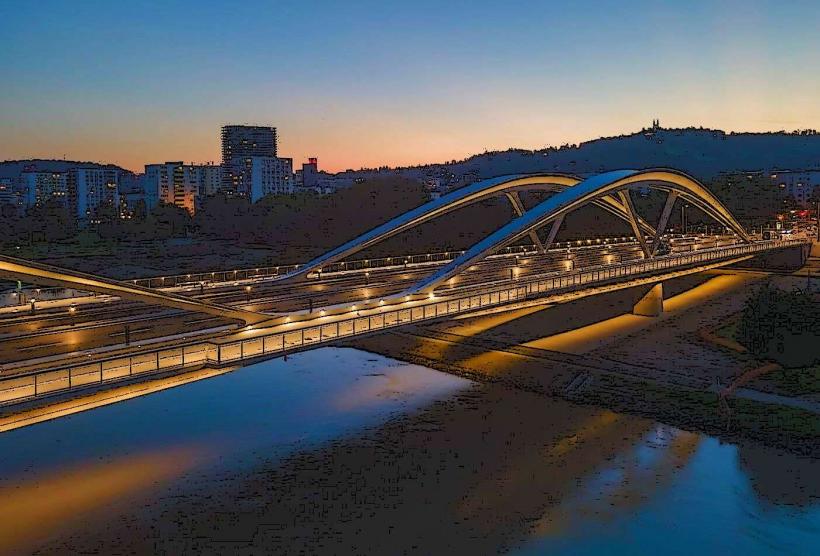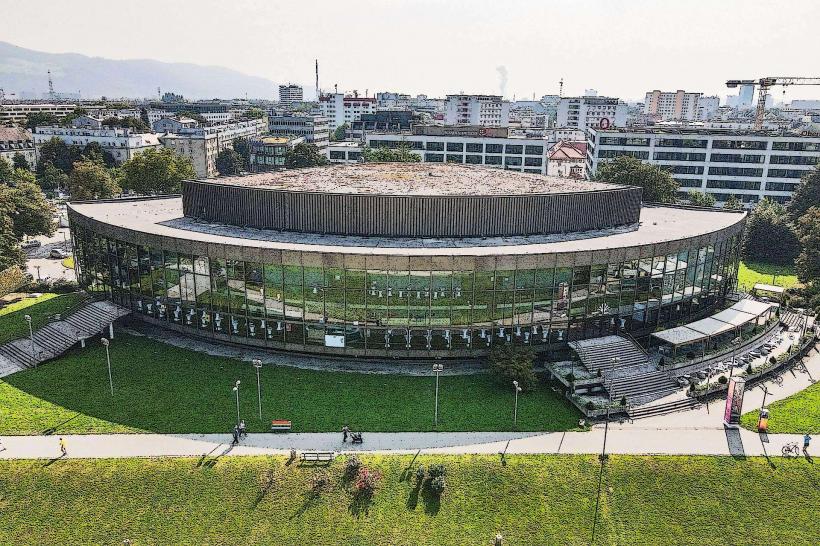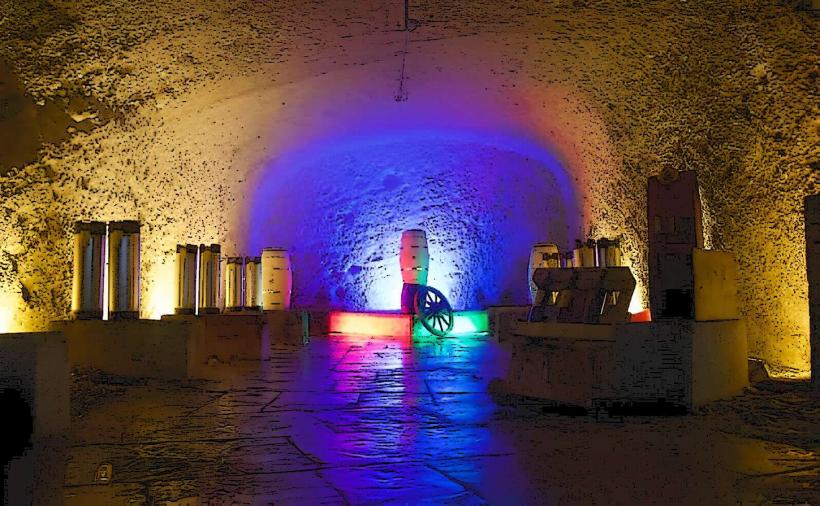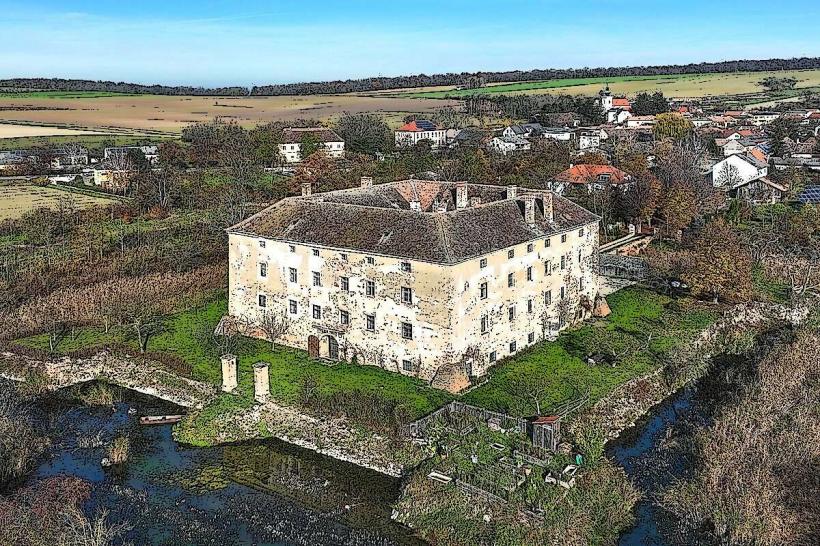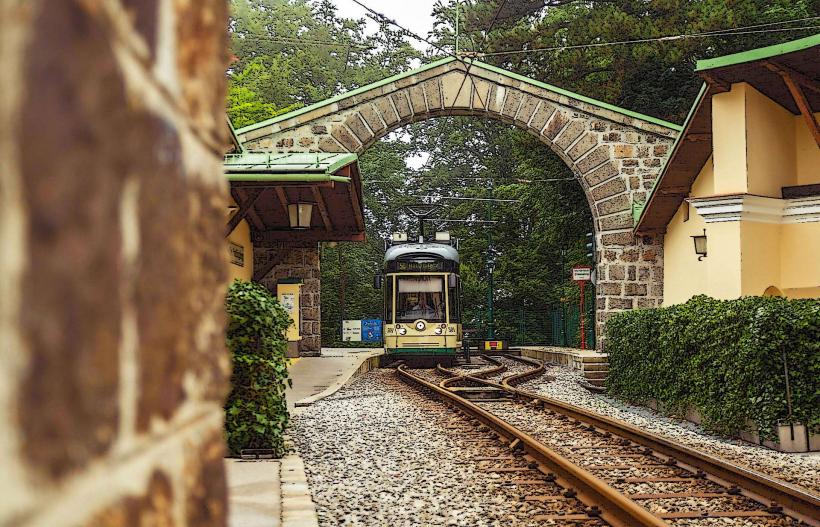Information
City: LinzCountry: Austria
Continent: Europe
Linz, the third-largest city in Austria, is located on the banks of the Danube River in the northern part of the country. Known for its rich cultural heritage, modern architecture, and thriving arts scene, Linz is a city that balances historical charm with a contemporary, innovative spirit. As the capital of Upper Austria, Linz has developed into a dynamic cultural and industrial hub, offering a unique combination of tradition and progress.
History and Background
Linz has a long history dating back to Roman times when it was known as Lentia. The city became a prominent center in the medieval period, especially during the rule of the Babenberg dynasty. By the late Middle Ages, Linz had become a thriving trade city, largely due to its location along the Danube, which facilitated trade and commerce.
During the Habsburg era, Linz saw significant growth and became an important center of culture and politics. It also played a significant role during the Austrian Empire in the 19th century, particularly under Emperor Francis II. In the 20th century, Linz was at the center of Austria’s industrialization, especially with the development of steel production and machinery manufacturing.
Linz gained international attention when it was named European Capital of Culture in 2009, which led to a renewed emphasis on culture, arts, and modernization. Since then, Linz has transformed into a vibrant cultural city, attracting visitors from around the world.
Culture and Arts
Linz is known for its strong commitment to arts and culture. The city is home to several renowned cultural institutions, including museums, theaters, galleries, and concert halls. Some of its most notable cultural offerings include:
Ars Electronica Center: One of the world's leading museums dedicated to technology and media art. The museum is a pioneer in the field of digital art, exploring themes such as artificial intelligence, virtual reality, and interactive art. It also houses the Ars Electronica Festival, an annual event that brings together artists, scientists, and technologists to showcase the latest in digital innovation.
Lentos Art Museum: Situated on the banks of the Danube, the Lentos Museum is one of the most important museums of contemporary art in Austria. It boasts an impressive collection of modern art, with works from renowned Austrian and international artists.
Brucknerhaus: Named after the famous composer Anton Bruckner, who was born near Linz, the Brucknerhaus is a world-class concert hall that hosts a variety of classical music performances. It is home to the Linz Bruckner Orchestra and also features jazz, rock, and contemporary music.
Landestheater Linz: The State Theater of Linz is one of the most important theaters in Austria, offering a wide range of performances, from classical plays and operas to contemporary theater and dance.
Kunstmuseum Lentos: This museum is dedicated to modern and contemporary art, with a particular emphasis on 20th and 21st-century works. The building itself is a stunning example of modern architecture, designed by the renowned architects Pritzker Prize winners, including the Christoph Mäckler.
Pöstlingberg: A hill with an iconic church at its summit, offering panoramic views of the city. It is also known for the Pöstlingbergbahn, a historic tram that takes passengers up the hill.
Architecture
Linz is a city where historical architecture meets modern design. Its Old Town (Altstadt) is full of baroque buildings, medieval houses, and elegant squares, which reflect the city’s rich history. Notable landmarks in the Old Town include:
Linz Castle (Schloss Linz): A prominent structure overlooking the city from the top of a hill. The castle has been a focal point for the city since the Middle Ages and now houses a museum and the city’s archives.
St. Mary’s Cathedral (Mariendom): The largest church in Austria and a stunning example of neo-Gothic architecture. The cathedral is known for its beautiful stained-glass windows and tall spires.
Hauptplatz (Main Square): A bustling public square surrounded by historic buildings, including the Old Town Hall and the Plague Column. It is a popular meeting place for locals and tourists alike.
Neue Dom (New Cathedral): A modern addition to Linz's skyline, the cathedral was built in the early 20th century and is an excellent example of neo-Romanesque architecture.
On the more modern side, Linz is known for its striking contemporary architecture:
Ars Electronica Center: The futuristic design of this museum stands as a testament to Linz’s embrace of technology and innovation. The building is known for its transparent, interactive facade.
Lentos Art Museum: Another modern architectural gem in the city, its sleek, glass design by Pritzker Prize-winning architect Jean Nouvel is an iconic feature of Linz’s riverfront.
Linz Main Train Station: Recently renovated, the modern station has a striking design with a wide, open hall and a glass facade that allows plenty of light inside.
Postcity: A former postal center transformed into a creative hub, blending historic elements with contemporary design. It houses offices, shops, and exhibition spaces.
Education and Research
Linz is an important center for education and research, particularly in fields related to science, technology, and engineering. The Johannes Kepler University Linz (JKU) is one of the top universities in Austria, offering programs in business, law, social sciences, and natural sciences.
The city is also home to several research institutions and innovation hubs, particularly in the fields of robotics, information technology, and digital media. Ars Electronica Linz and other institutions like Linz Center of Mechatronics contribute to Linz's reputation as a leader in digital and high-tech industries.
Cuisine
Linz offers a variety of traditional Austrian cuisine, with local dishes reflecting both the city’s historical influences and modern trends. Traditional Austrian dishes can be found at local restaurants and Gasthäuser, such as:
Linzer Torte: A famous fruit-filled tart made with a combination of ground nuts and jam, typically raspberry or apricot. It is said to have originated in Linz and is one of the city's signature dishes.
Wiener Schnitzel: A breaded and fried veal or pork cutlet, often served with a side of potatoes and salad.
Tafelspitz: A boiled beef dish served with vegetables and a flavorful broth, often accompanied by horseradish sauce.
Local specialties include the use of ingredients like pumpkin seed oil and Styrian wines, particularly Grüner Veltliner and Zweigelt, from nearby vineyards.
Festivals and Events
Linz is known for its diverse range of festivals and events, celebrating everything from classical music and theater to contemporary art and technology:
Ars Electronica Festival: One of the world’s most influential festivals dedicated to digital arts, media technology, and culture. It attracts artists, scientists, and technologists from around the world.
Brucknerfest: An annual festival dedicated to the music of Anton Bruckner, a composer born near Linz. The festival includes concerts, recitals, and performances by orchestras and musicians.
Linz Klangwolke: A unique open-air event that combines music, theater, and visual arts, often taking place on the banks of the Danube.
Christkindlmarkt: The Christmas market in Linz, held in Hauptplatz, is a festive event that attracts visitors with its holiday decorations, local crafts, and traditional treats.
Tourism and Visitor Experience
Linz is a city that offers something for everyone, from history buffs and art lovers to tech enthusiasts and nature seekers. Visitors can explore the medieval streets of the Old Town, visit the numerous museums and galleries, and enjoy the vibrant café culture. The city is also a great starting point for exploring the surrounding region, including the beautiful Danube Valley and the nearby Lake Neusiedl.
Outdoor enthusiasts can enjoy walking or cycling along the Danube River, or take a tram ride to the top of Pöstlingberg for panoramic views of the city. Linz also has many parks, such as Donaupark, perfect for relaxation or outdoor activities.
In conclusion, Linz is a city of contrasts, where history and modernity meet, offering a unique blend of cultural heritage, technological innovation, and natural beauty. Whether you're interested in the arts, history, or technology, Linz promises to provide a diverse and enriching experience for all visitors.

